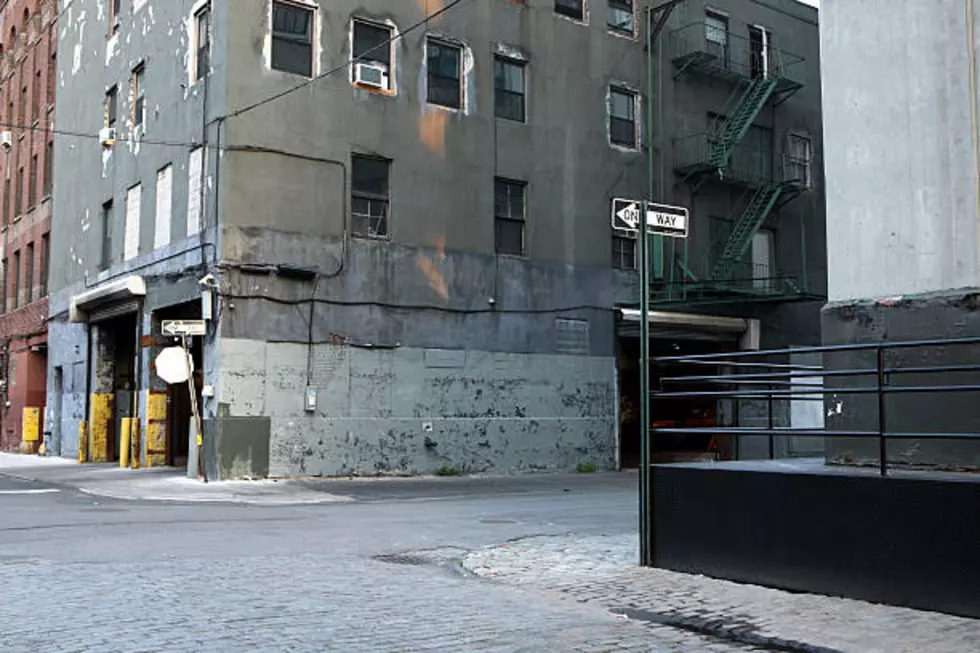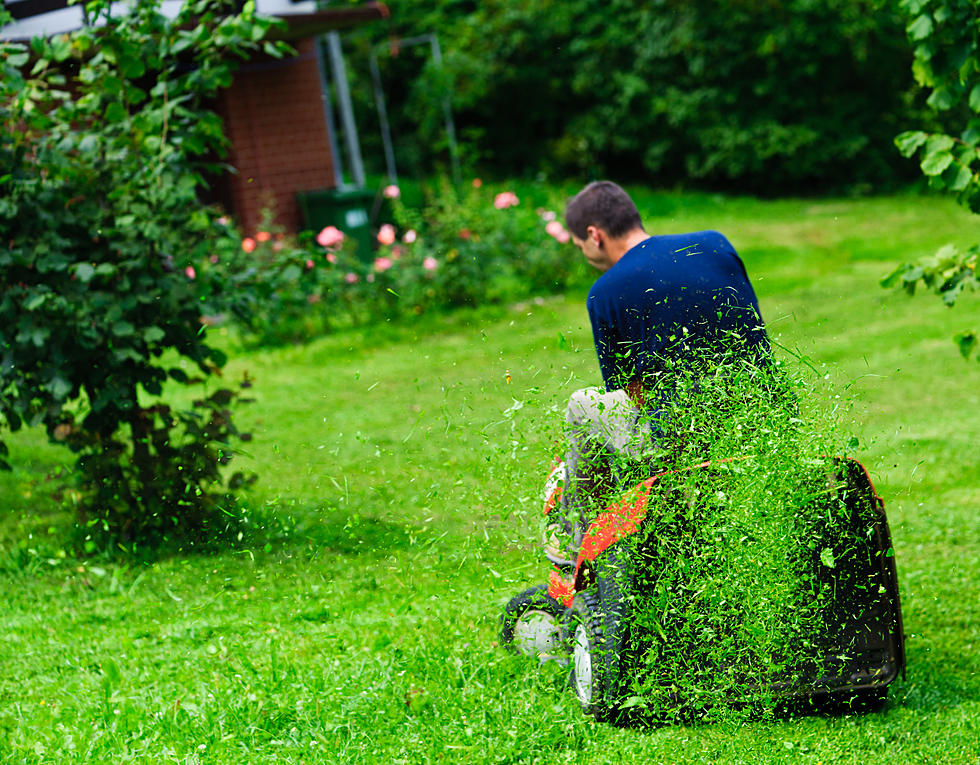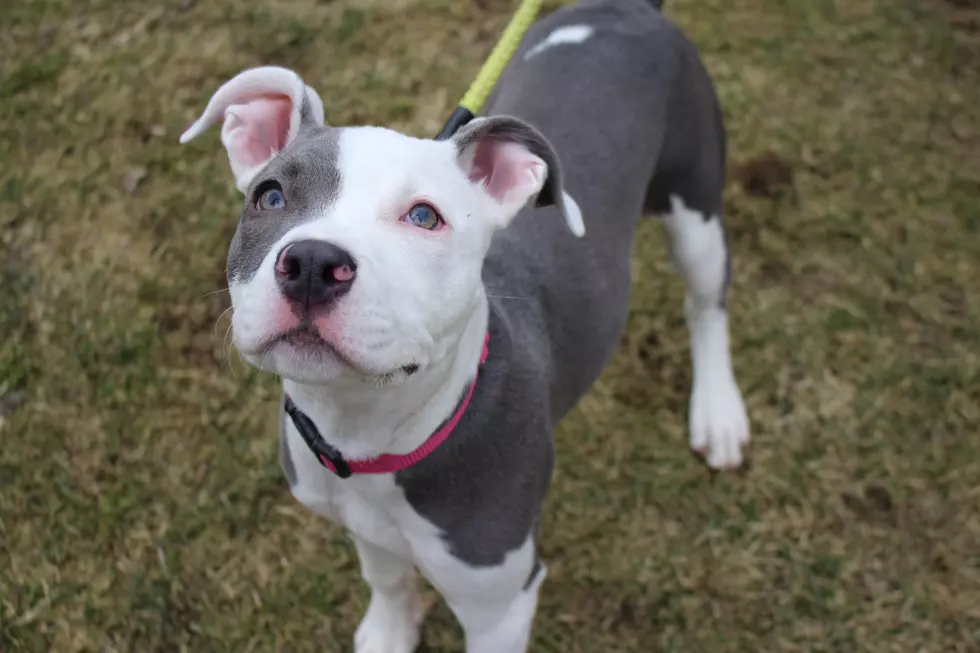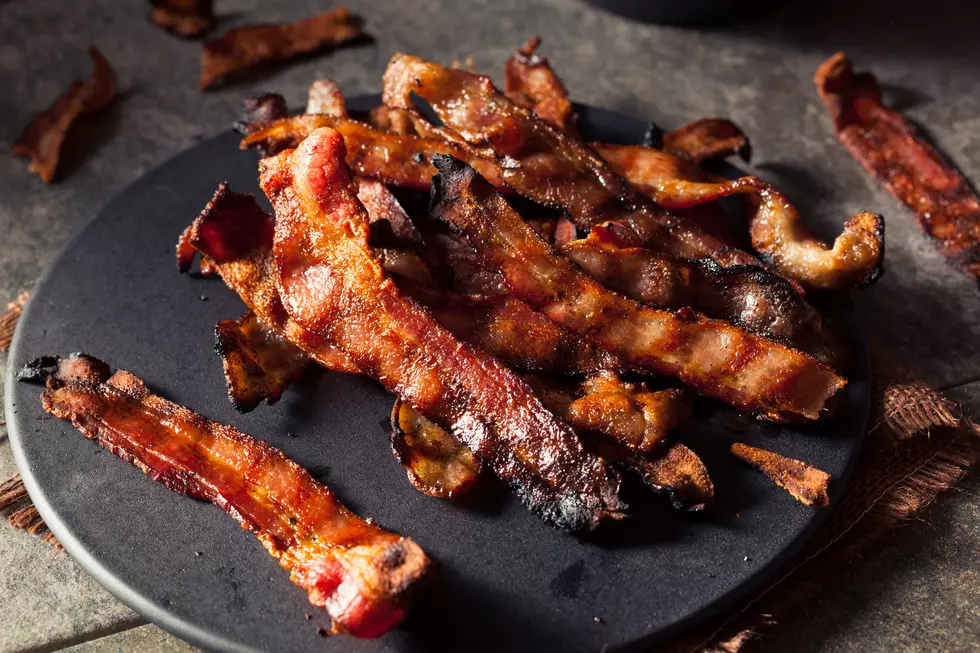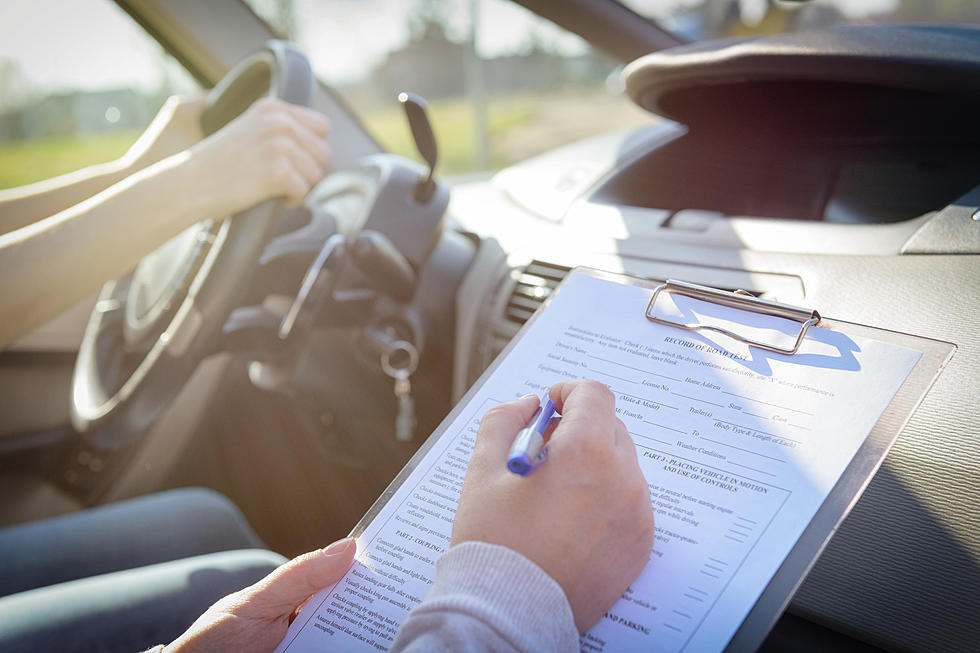
Massachusetts Wastewater Shows Actual COVID Levels And More
As more and more Pittsfield residents and people around the country in general test for COVID-19 at home, infection rates might appear lower than they are. But, are they?
The Omicron variant was milder than Delta and death rates have dropped some, the jury is still out on the BA.2 subvariant, now the dominant strain in the U.S., however.
Massachusetts Governor Charlie Baker even stopped some free "Stop The Spread" testing throughout the state, an asymptomatic testing program.
The point is, COVID is becoming less and less of a threat to everyday life, but for people inquiring about actual COVID infection rates, wastewater testing can be indicative of future spikes in cases.
We are relying more and more, and the state is recognizing this is a good thing, we are relying on sewage testing. If the quantity is large enough, the lab can detect viral concentration. The information we get is good for about 5-7 days before clinical detection happens.
COVID is trending flat on the low side right now, very similar to what we are seeing on the clinical side, so it's mapping out the same scenarios.
We have been testing the sewage in Pittsfield for the virus since June of 2020, so we have a lot of data to back up the correlation between clinical testing (hospitals and testing centers) and what we see in the sewage.
"So, if you can detect SARS-CoV-2 (the virus that causes COVID-19), what else can you detect? Can you detect flu? Can you detect drug use? Is there an end to the possibilities? Is there an invasion of privacy here?
We cannot, no one can trace back to any individual, this is a community-based approach. This is like testing the entire community at once. Companies like Biobot, the one we use, they have been operating for a number of years before COVID, because they were testing for opiate abuse in communities. -Ricardo Morales
Listen to the entire interview below.
Pittsfield residents who are curious about COVID cases within the city can still access the city's coronavirus dashboard for information on the numbers.
Answers to 25 common COVID-19 vaccine questions
More From WBEC FM



